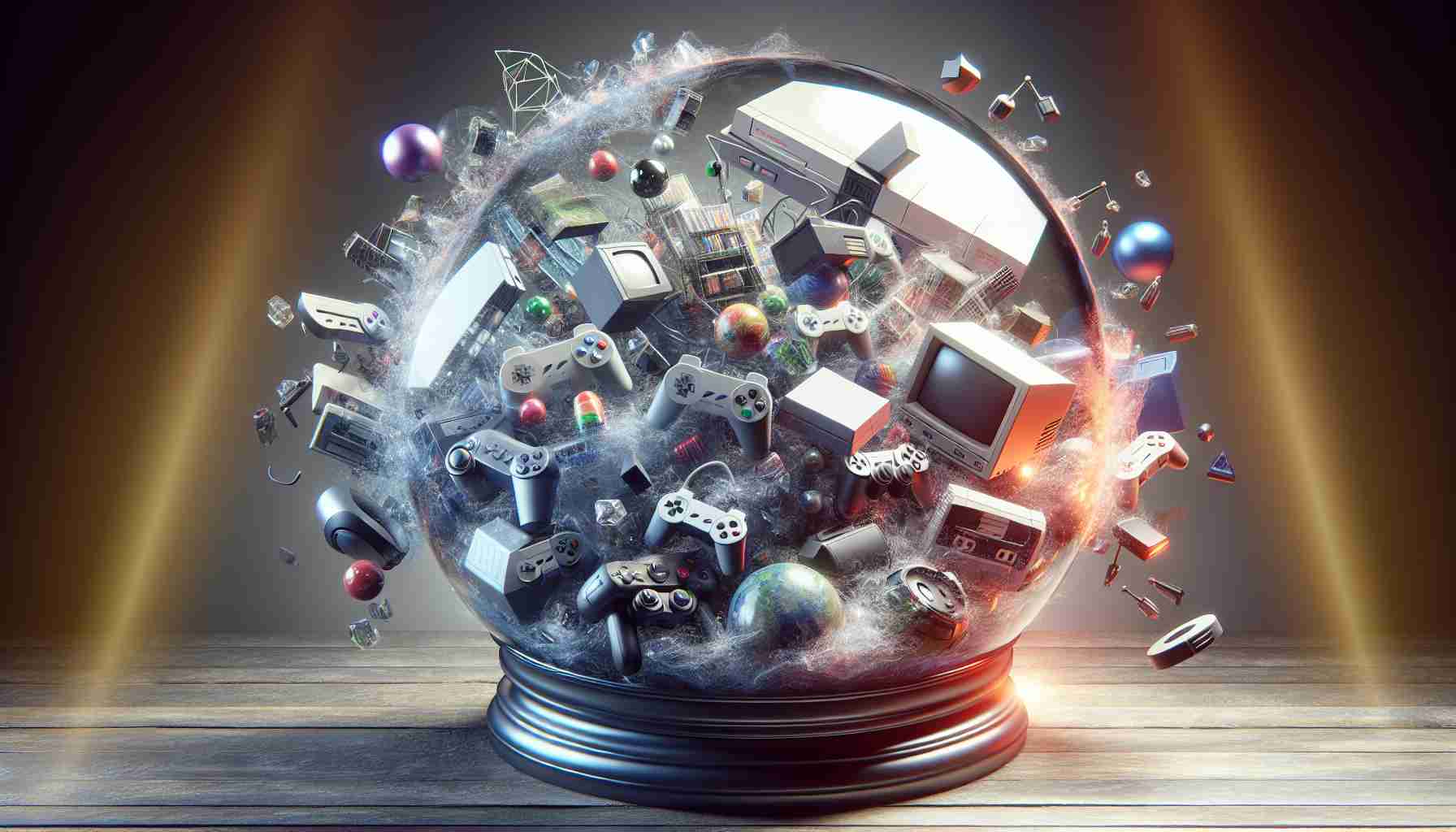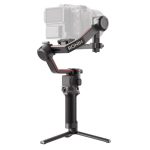Nintendo has long been a dominant force in the gaming industry, and their latest console, the Nintendo Switch, has only solidified their position. However, it’s not just Nintendo’s success that is worth noting, but also the shortcomings of their competitors, Sony and Microsoft. These two giants have been making questionable decisions and seem to have lost touch with what gaming is truly about.
In recent years, Microsoft has faced criticism for its missteps and lack of competence. From announcing games for rival platforms to failing to establish themselves as a strong contender, it’s clear that something is amiss. On the other hand, Sony’s behavior has left many scratching their heads. They seem to be abandoning the strategies that made them successful in the past in favor of fleeting trends. This lack of direction and clarity is concerning.
Thankfully, Nintendo has been a beacon of stability and innovation in the gaming industry. While they haven’t been without their own mistakes, such as the Wii and Wii U, they have proven their ability to learn from their missteps and come out stronger. Instead of blindly following trends, Nintendo has taken the time to create unique gaming experiences that resonate with players.
The Nintendo Switch, with its hybrid design and impressive library of games, has been a resounding success. Not only has it sold well, but it has also garnered critical acclaim for its innovative features and quality titles. In comparison, both Microsoft and Sony have struggled to keep up. Nintendo feels like the grown-ups in the room, while their competitors appear lost and incompetent.
It’s not just the console itself that showcases Nintendo’s competence. Their business decisions and commitment to delivering enjoyable experiences to players have been commendable. While they may have had their share of controversies, such as the Joy-Con drift issue, they have shown a higher level of understanding and respect for their consumer base.
Overall, Nintendo’s success and competency shine a spotlight on the shortcomings of their rivals. Whether it’s Microsoft’s lack of direction or Sony’s abandonment of what made them successful, both companies have a lot to learn from Nintendo. The future looks bright for Nintendo, and it’s about time their competitors took notice and upped their game.
Additional facts:
1. Nintendo was founded in 1889 and initially started as a playing card company before venturing into video games.
2. The Nintendo Switch was released in March 2017 and quickly became the fastest-selling console in Nintendo’s history.
3. The Nintendo Switch offers both handheld and docked modes, allowing players to seamlessly transition between playing on a TV and on the go.
4. Nintendo has a strong history of iconic franchises, including Super Mario, The Legend of Zelda, and Pokémon, which continue to drive their success.
5. Nintendo has a dedicated fan base that spans across generations, with many players having grown up with Nintendo consoles and games.
Key questions and answers:
1. How has Nintendo managed to maintain its dominance in the gaming industry?
Nintendo has been successful in consistently delivering unique and innovative gaming experiences that resonate with players. They prioritize quality over quantity and have a strong lineup of iconic franchises that attract a loyal fan base.
2. What challenges does Nintendo face in the gaming industry?
One challenge for Nintendo is competition from other consoles, such as Sony’s PlayStation and Microsoft’s Xbox, which have a larger market share. Additionally, the constantly evolving gaming landscape and technological advancements require Nintendo to adapt and stay relevant.
Key challenges and controversies:
1. Joy-Con drift: One major controversy associated with Nintendo’s Switch is the issue of Joy-Con drift, where the analog sticks on the controllers register movement even when not being touched. This has led to frustration and criticism from consumers.
Advantages:
1. Innovation: Nintendo has a reputation for pushing boundaries and introducing unique gaming experiences. The Nintendo Switch’s hybrid design and motion controls are examples of their commitment to innovation.
2. Iconic franchises: Nintendo has a rich catalog of beloved franchises that have endured for decades, attracting a loyal fan base and driving hardware sales.
3. Strong first-party titles: Nintendo consistently delivers high-quality first-party games exclusive to their platforms, which are often highly rated by both critics and players.
Disadvantages:
1. Limited third-party support: Nintendo consoles have historically had less third-party support compared to Sony and Microsoft, resulting in fewer multi-platform game releases on Nintendo platforms.
2. Weaker hardware capabilities: While the Nintendo Switch offers unique features, it is considered less powerful than its competitors in terms of hardware capabilities, which may affect certain game performance and graphical fidelity.
Related links:
– Nintendo Official Website
– Nintendo Switch



















